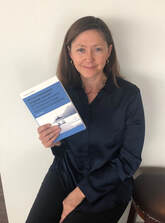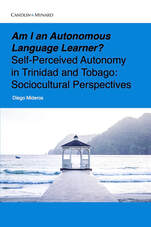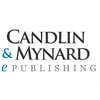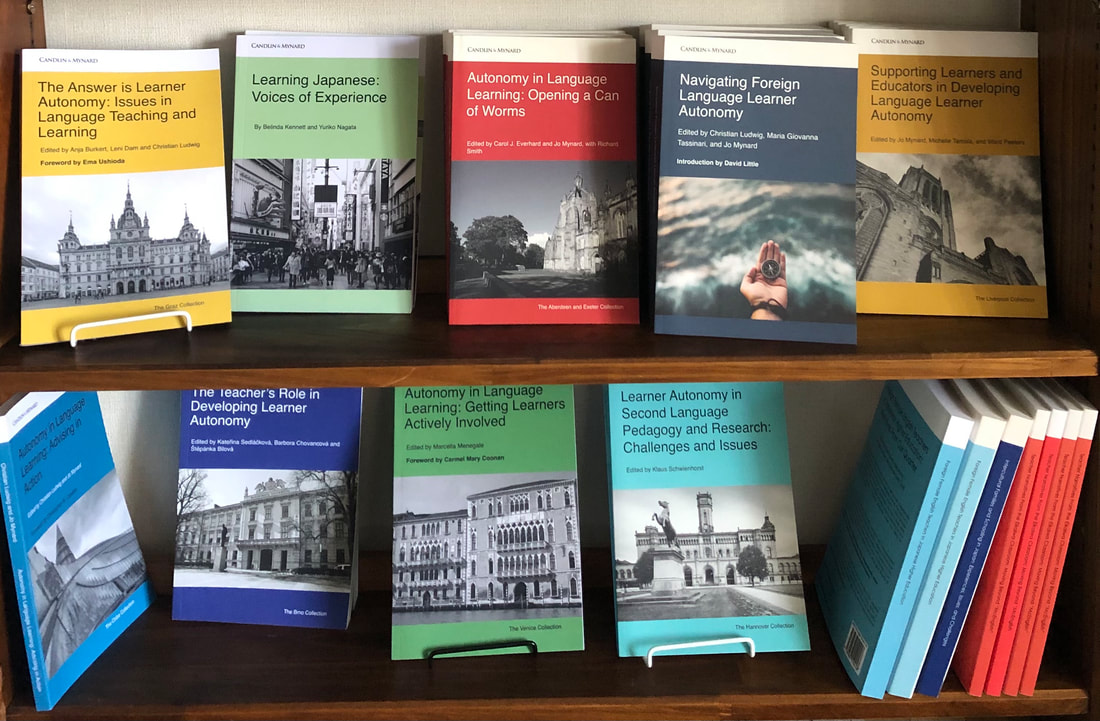By now, maybe you are familiar with many of the titles in the Autonomous Language Learning series published by Candlin & Mynard. It's an amazing collection which includes work from colleagues from literally all around the world. Most of the books are edited volumes, many of them inspired by learner autonomy events held in various cities: Aberdeen, Antwerp, Brno, Chiba, Exeter, Graz, Hannover, Liverpool and Venice.

The latest book in the series, however, is a monograph by Diego Mideros. It is called Am I an Autonomous Language Learner? Self-Perceived Autonomy in Trinidad and Tobago: Sociocultural Perspectives and explores sociocultural elements and conditions that enable individuals to see themselves as autonomous learners in formal educational settings in Trinidad and Tobago. What makes this book unique is that the author uses an in-depth interpretative phenomenological analysis to bring the stories of students majoring in Spanish at university to life. Through these stories, we start to understand the learners’ autonomy, identity and agency and grasp the importance of social dimensions.
I found it to be an extremely engaging and readable book, and many of the observations resonated with me even though I teach in a completely different context. The research was presented in a way that makes you want to replicate it. Working with Diego on this book over several years was a pleasure, and he benefited enormously from the feedback from the title advisor Garold Murray. Garold helped Diego tell the story in an accessible way, and I believe this was achieved.
I found it to be an extremely engaging and readable book, and many of the observations resonated with me even though I teach in a completely different context. The research was presented in a way that makes you want to replicate it. Working with Diego on this book over several years was a pleasure, and he benefited enormously from the feedback from the title advisor Garold Murray. Garold helped Diego tell the story in an accessible way, and I believe this was achieved.
Structure of the book
The book contains seven chapters, and the author's narrative takes us effortlessly through each. In chapter 1, the author lays out the theoretical groundwork by discussing autonomy in language learning, paying particular attention to the agency and sociocultural perspectives. He also looks at the role of autonomy in classrooms and exam-focused contexts. In chapter 2, Mideros introduces a focus on students’ approaches to studying Spanish at the university to provide valuable information about their autonomy. In chapter 3, the author presents students’ self-assessments and identifies three groups that emerged from this analysis. We learn about the characteristics of each group in terms of self-identified autonomy. In chapter 4, the author focuses on the actions students from each group take to study and practise Spanish and how those actions are linked to their sense of autonomy. In chapter 5, the author looks into the students’ past lived experiences as students of Spanish. This process uncovers sociocultural elements that played a role in each group's identity and how it connects with identity construction. In chapter 6, the author draws on the theories to show that the students’ experiences inform and are informed by ideas in the learner autonomy field and sociocultural perspectives applied to autonomy and L2 learning. Finally, in chapter 7, the author summarises the main findings and discusses the lessons he learned. He also provides some beneficial implications for research and practice. Throughout the book, we are guided by the executive summaries and reflection questions, which make the reader feel part of the process. As I read the findings of this study, I naturally connected them with my own teaching and learning context. I highly recommend this book to anyone interested in understanding their learners better and promoting autonomy in their language classrooms.
Interview with the author
I interviewed Diego in May 2022 and asked him about how the study came about, his background and the process of writing the book. Diego provides some valuable pointers to scholars who wish to turn their PhD thesis into a book which is what he did. It certainly wasn't as straightforward as he had first imagined, but it was a rewarding process. The video interview premiers on YouTube on Tuesday 7 June at 8am Japan time which is June 6, 7pm in Trinidad and Tobago and June 6 at midnight in London
Publication information

Publication date: December 2021
Ebook, $9.99
Print book, 143 pages, $29.99
Series: Autonomous Language Learning
ISBN (ebook): 9781005019228
ISBN (print): 9798777360960
DOI: https://doi.org/10.47908/20
Series editor: Jo Mynard
Title advisor: Garold Murray
Ebook, $9.99
Print book, 143 pages, $29.99
Series: Autonomous Language Learning
ISBN (ebook): 9781005019228
ISBN (print): 9798777360960
DOI: https://doi.org/10.47908/20
Series editor: Jo Mynard
Title advisor: Garold Murray
Apple | ePub | Kindle | Perlego | Print | Proquest | Scribd
Reviews
The book is an eye-opening opportunity for me to participate in Diego’s exploratory journey into his engagement with a group of Spanish language learners in Trinidad and Tobago. Documenting this journey in a highly accessible, engaging narrative, Diego has shown how the learners’ autonomy can be understood as ‘a sociocultural strategic academic endeavor’ with reference to the exam-driven learning culture and their prior lived experiences. While Diego discovered ‘a great source of information’ by inviting his students to share and reflect on their experiences, I am excited to see how he uses the full potential of language learners’ experiences to generate critical insights into their autonomous language learning. The book also convinces me that language teachers should engage language learners in discussing and reflecting on language learning to get better control over it.
Xuesong (Andy) Gao, University of New South Wales, Australia
This book offers a welcome exploration of how sociocultural perspectives might enrich our understanding of learner autonomy. In doing so, it takes a detailed look at the ways in which sociocultural elements can impact the development of language students’ identity as autonomous learners. Notably, it provides insights into the role teachers can play in fostering the emergence of this aspect of their learners’ identity. Although it focuses on a particular language learning situation, the book is wide enough in scope to be of interest to researchers, teachers and administrators working in various contexts.
Garold Murray
Xuesong (Andy) Gao, University of New South Wales, Australia
This book offers a welcome exploration of how sociocultural perspectives might enrich our understanding of learner autonomy. In doing so, it takes a detailed look at the ways in which sociocultural elements can impact the development of language students’ identity as autonomous learners. Notably, it provides insights into the role teachers can play in fostering the emergence of this aspect of their learners’ identity. Although it focuses on a particular language learning situation, the book is wide enough in scope to be of interest to researchers, teachers and administrators working in various contexts.
Garold Murray


